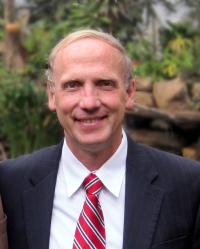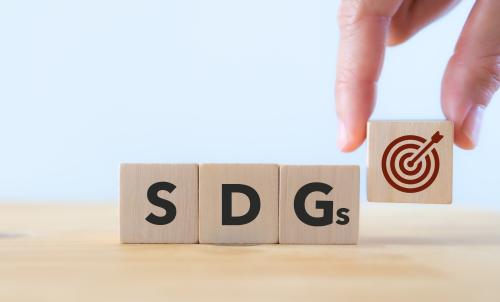Can hope come from the slums? If you want to see youth taking action to further the 2030 goals on poverty and climate, head over to the Community Cooker project in the “informal” settlement of Kariobangi, Nairobi.
Following the creation of the Africa Peace and Development Service Alliance five years ago at the United Nation’s Nairobi headquarters, an Environmental Service Track was launched with Safaricom, inventor of Kenya’s M-Pesa mobile banking system. Pooled corporate backing for the youth-led Community Cooker project was a first in Kenya, as many corporations teamed up to support joint programs through the shared-value approach. Partners have included Comcraft, led by philanthropist Dr. Manu Chandaria, Bamburi Concrete, CISCO, Unilever, the EABL Foundation, the Global Peace Foundation, World Vision Kenya, and the Kenya Commercial Bank Foundation, which teaches youth business and entrepreneurial skills.
Investing in youth while recycling urban waste
The real force behind this emerging model is the investment in the youth and women in and around the slum. Aided by low-cost, clean waste-to-energy technology developed by Planning Systems Services Ltd. and the Community Cooker Foundation, the youth set up the Raslimali Enterprises Ltd, an umbrella group of 11 youth groups in the Kariobangi Waste Management Alliance. Today, nearly 400 youth and women share equity in this community-owned venture. When I asked the women cooks about their official status in the enterprise, they proudly declared: “We are owners.”
The U.N. Environment Program chaired the project’s formal launch event earlier this year and has praised its approach for:
- Solid-waste conversion
- Clean cooking
- Creating sustainable jobs
- Equity
- Services (benefiting an estimated 1,500 household members in the community)
- Capacity for scaling up in other Kenya locations—which has already started
The social enterprise also provides training on home-waste separation, recycling, and composting as it builds capacity for entrepreneurship and youth leadership.
When we visited Kariobangi, I observed residents pulling handcarts full of refuse and young entrepreneurs depositing separated solid waste into the rear of the clean cooker. On the other side of the large, commercial-sized brick oven, women from the community were cooking vegetarian chapattis and rice that they would sell in the community. Some of the food ends up at a large café hall, built from materials donated by Comcraft, where village residents can meet and serve meals at a reasonable cost. Plans are underway to feed children attending the adjacent community school.
Advancing 2030 development goals
The enterprising spirit of the community—as well as the scalable, low-cost technology it utilizes and the jobs and opportunities for stock equity it has created—evidences the success of the Community Cooker project in Kariobangi. The project serves as a model for environmental solutions that can be forged to address the endemic challenges of waste management and youth unemployment in the highly concentrated populations of many urban African environments.
Similar African models of grassroots action are also advancing the 2030 goals. These include an experimental Omnimed pilot with 1,200 village health workers addressing issues of hygiene and malaria and implementing clean cook stoves in Mukona at the foot of the Nile River in Uganda. Taken together, such youth and community led grassroots enterprises have the potential to be scaled up for even greater impact.
Yes, hope does come from the slums.




Commentary
Slums, youth, and social enterprise: Nairobi’s Community Cooker project
September 27, 2017